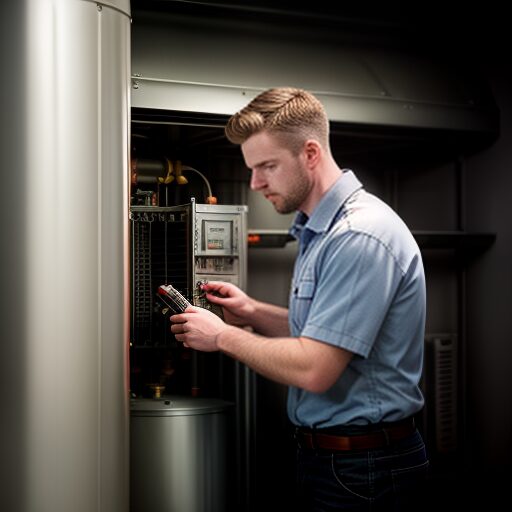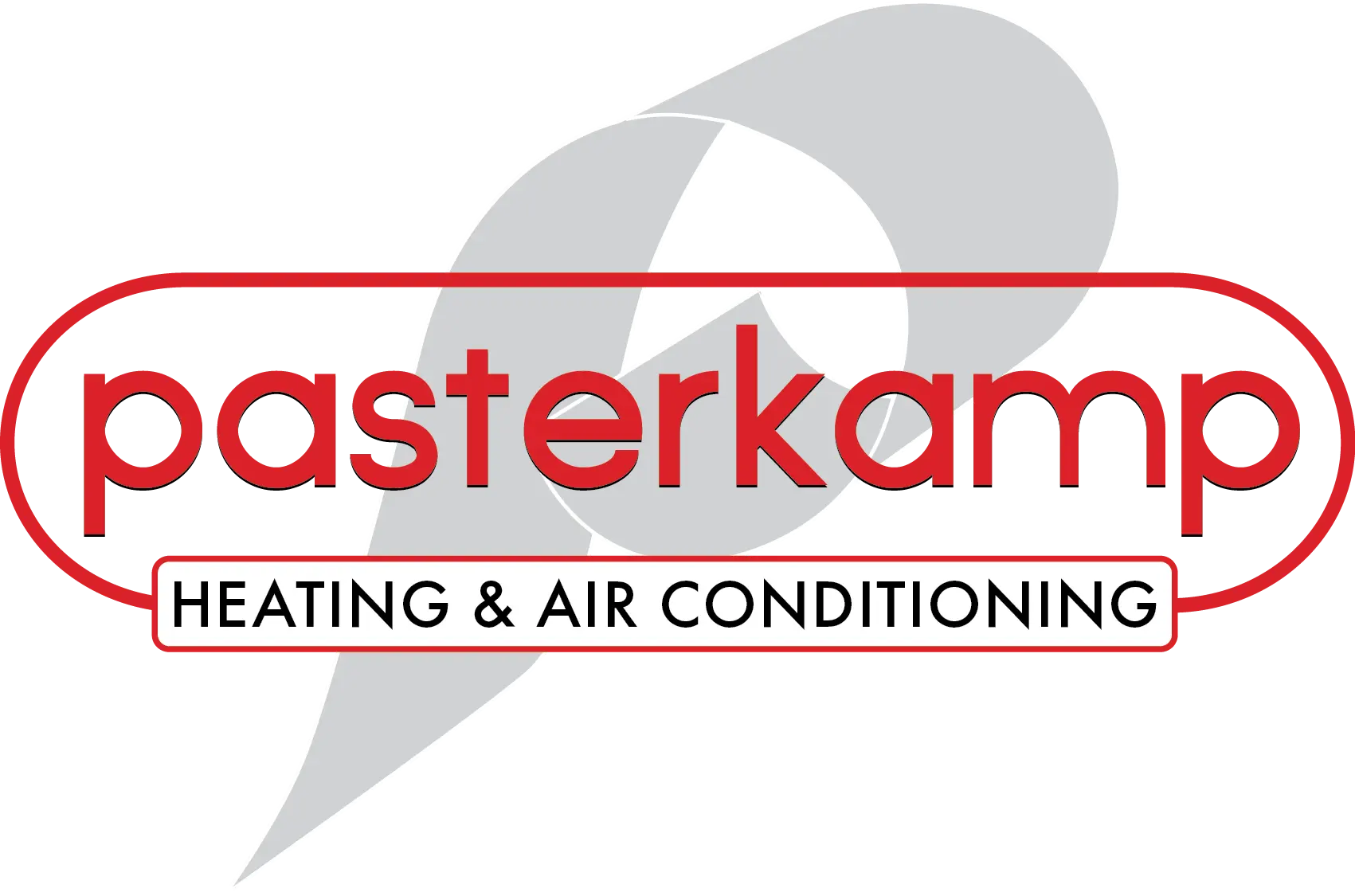HVAC Trouble? DIY Fixes and When to Call the Pros
No one wants a malfunctioning air conditioner on the hottest day of the year or a furnace breakdown in frigid weather. While some HVAC issues always require professional expertise, understanding basic troubleshooting will help you resolve simple problems quickly, identify when it’s time to call for help, and could even prevent serious damage.
Telltale Signs Your HVAC Needs Attention
- Odd Noises: Hisses, clunks, bangs, or constant grinding mean something’s amiss. Don’t ignore unusual sounds coming from your system.
- Weak Airflow: Reduced airflow may indicate dirty filters, blocked vents, or a deeper issue.
- Inefficient Cooling or Heating: If your home takes too long to reach the desired temperature or certain rooms always feel off, investigate.
- Increased Energy Bills: A sudden spike in utility costs often points to an overworked or struggling HVAC system.
Troubleshooting Steps You Can Take
Before calling a technician, these steps might get things back on track:
- Check the Thermostat: Sounds silly, but ensure it’s on, set to “heat” or “cool” as needed, and that the batteries are fresh. Ensure the set temperature is at least 5 degrees below (cooling mode) or above (heating mode) room temperature.
- Replace the Air Filter: Dirty filters make your system work harder. Changing them monthly is advised, more often if you have pets.
- Outdoor Unit Inspection: Clear leaves, branches, and other debris from around your outdoor unit. Good airflow is vital.
Troubleshooting Specific Problems
- System Won’t Turn On
- Check the circuit breaker: Has it tripped? Reset it and see if the system starts.
- Thermostat Blank: Battery replacement might be all it takes.
- Blown Fuse (for older units): If equipped, check for a blown fuse in the unit.
- System Runs Constantly
- Dirty Filter: See if a filter change resolves the issue.
- Thermostat issue: Double-check settings and wiring.
- Refrigerant leak: Suspect this if you have both weak airflow and poor cooling. Call a professional.
- Uneven Temperatures
- Blocked Vents: Ensure furniture isn’t obstructing airflow.
- Duct Leaks: May require inspection by an HVAC technician.
Know When to Call a Professional
It’s tempting to want to fix everything, but HVAC work sometimes involves electrical components, high-pressure refrigerant, and specialized tools. Call a pro if you:
- Notice water leaks or pooling near the system.
- Smell a burning odor or any gas-like smells.
- Lack basic electrical knowledge and comfort.
- Suspect major issues (compressor failure, frozen coils, etc.).
Troubleshooting minor HVAC issues can save you money and frustration. However, safety and protecting your system always come first. Using this guide and a healthy dose of common sense, you can determine when a DIY fix is appropriate and when seeking qualified help is the best route to restoring your comfort.

